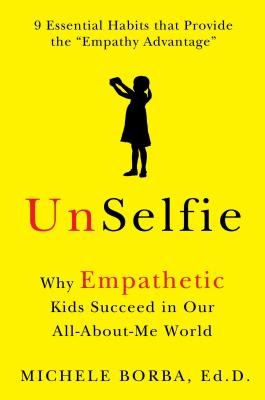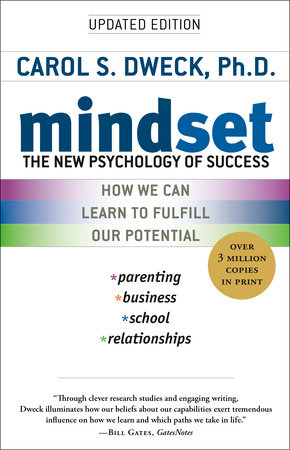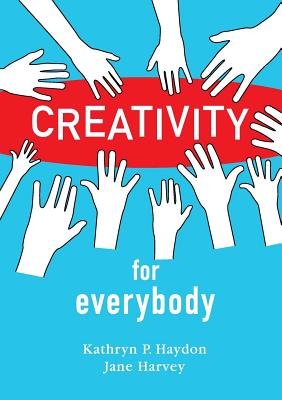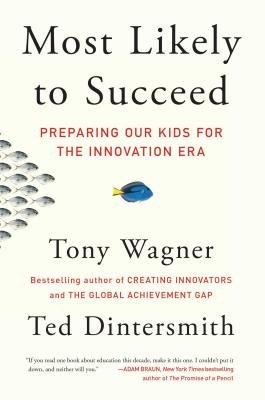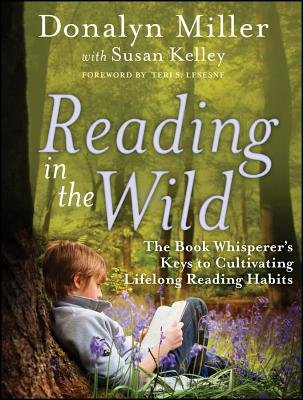5 Books to Help You Raise Happy, Thoughtful Tweens and Teens
by Kari Ness Riedel
“Kids don’t come with an instruction manual” is an old adage I heard a lot when I first became a mom. But based on the vast number of parenting books and blogs that now exist, that expression may not be as true for my generation. Knowing which of the hundreds of instruction manuals are worth diving into is actually the bigger challenge. When my boys were babies, I gobbled up books with tips on how to get them to sleep, how to bathe them, when to feed them, and all the daily details of infant and toddler life.
After they graduated from toddlerhood, I took a break from the Parenting aisle of the bookstore for many years. Now that my boys are tweens and quickly approaching teenager status, I’ve found myself once again looking for instruction manuals with ideas to help me navigate this next phase of life. This time, it’s less about their physical milestones and more about their social-emotional growth, moral values, and educational goals.
Here are five of my favorite parenting and education books that relate to five core values we are working to instill in our family. All of these books offer great food for thought as well as practical tips for how to support my tweens as they grow into independent, happy, and successful contributors to the world.
-
Empathy
-
UnSelfie: Why Empathetic Kids Succeed in Our All-About-Me World
Packed with research-based studies and heartwarming anecdotes, this quick read is full of practical ideas that I was able to incorporate immediately into our daily life. Ideas like establishing a set of family values and a supporting mantra that kids can turn to when faced with tough choices. This book also serves as a gentle reminder of the need to model and emphasize kindness, compassion, and caring, and not just focus on kids’ academic or athletic achievements. It has great tips for teaching empathy to kids of all ages from toddlers to tweens to teens.
-
Growth Mindset
-
Mindset: The New Psychology of Success
Available from:This book has spread like wildfire around schools, parent groups, and even management teams over the last several years. If you haven’t picked it up yet, it’s definitely worth the read. The basic premise is that kids (and adults) will be more successful if they develop a “growth mindset” vs. a “fixed mindset.” Continually praising a child’s intelligence or ability rather than their effort may actually lead to a fixed mindset that prohibits long-term success. I like that Dweck offers concrete ways that parents can help children develop resilience, perseverance, and a lifelong love of learning by having a growth mindset.
Also available from:
-
Creative Problem Solving
-
Creativity for Everybody
Growing up, I never thought of myself as a “creative” person. I’m not artistic or musical and lack other abilities I consider part of the “creative arts.” Reading this book opened my eyes to a broader definition of creativity and the value of creative thinking in problem solving and innovation. It’s a quality I want my kids to embrace to help them be positive contributors to the world. This is an accessible, fun, and inspirational book about what creativity really means with simple tips for how to support creative thinking in kids and adults.
-
Teamwork
-
Most Likely to Succeed: Preparing Our Kids for the Innovation Era
This book, which is also a documentary being shown in communities across the U.S., made me think hard about what success means for my kids — and their whole generation — and how to support them on a path to get there. Is it getting into a “good” college or getting a “good” job? Having the highest GPA or taking lots of AP classes in high school? The authors question our traditional school system and showcase an alternative approach of project-based learning that may be more effective in teaching kids the skills they need to be successful and satisfied in the 21st century.
-
Love of Reading
-
Reading in the Wild
A love of reading might seem like more of a tactical skill than a core value, but when I thought about what our family values, being people who love to read and learn was high on the list. Research shows that reading can help kids develop empathy and creativity, and lead to academic and personal success. I see a love of reading as a foundation to support my children’s emotional and moral growth. While this fantastic book is geared towards educators, the author, known as the “Book Whisperer,” provides a great instruction manual that can also be used by parents to teach children to love reading. From helping them find the right book, to encouraging them to always carry a book, to setting reading goals, parents have a critical role in developing “wild” readers, a quality that can lead to so many other positive life skills.
What are your favorite parenting books for tweens and teens? Please share in the comments below.

